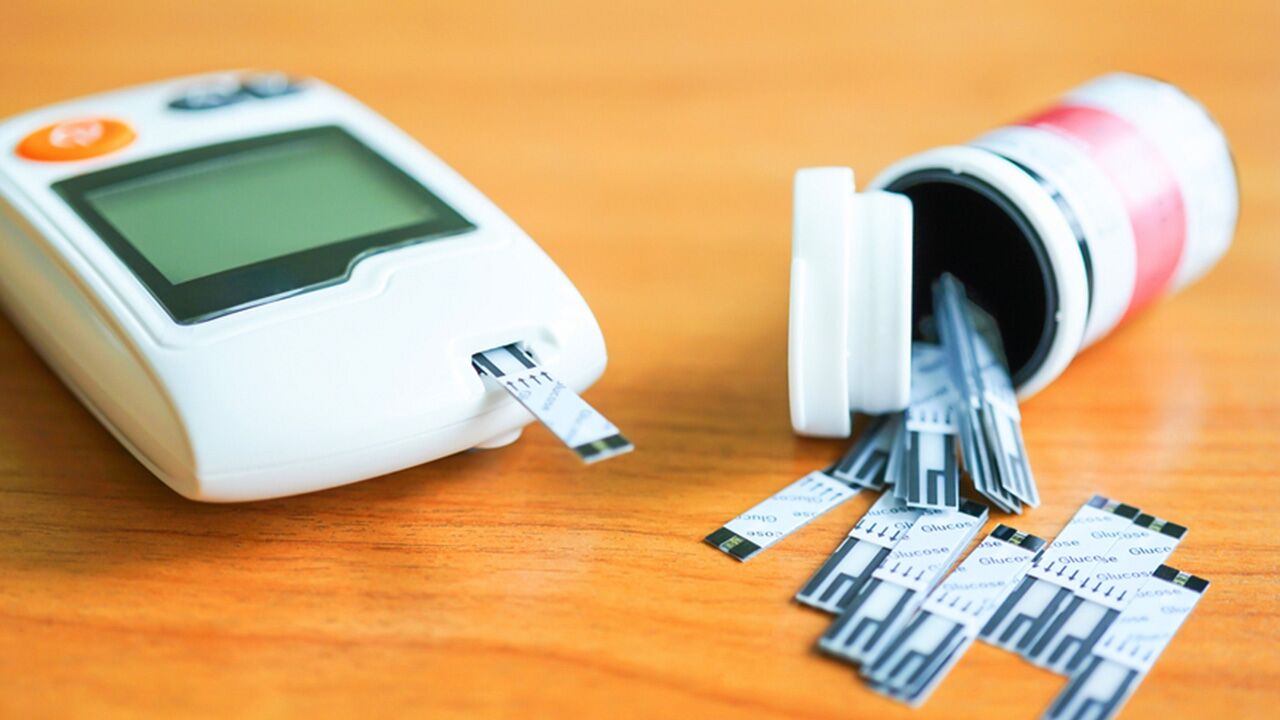Early Signs and Symptoms of Appendicitis
 By: by Amino Science
By: by Amino Science

When severe pain strikes, it’s often difficult to pinpoint where it is coming from, what is the cause, and if you need to call your doctor. In the case of appendicitis, the sooner you get help, the better. You want to avoid the condition from snowballing into a life-threatening situation. That’s why it is important to be able to recognize appendicitis symptoms and identify the early signs right away so you know to seek medical attention. We’ll get to the bottom of what causes appendicitis and the initial warnings to look out for when the illness attacks.
What Is Your Appendix?
Your appendix is a located in your lower abdomen on the right side and in the front part of your large intestine called the cecum. It’s a sac of tissue that resembles a worm, and while its exact purpose has been a bit of a question mark for many years, several doctors believe it aids your immune system by storing good bacteria for proper digestion. It also may give your digestive system a reboot after illnesses that involve nausea, vomiting, and diarrhea. Thankfully, we can survive without our appendix, so if it does become infected, it can be removed without any life-threatening consequences.
What Is Appendicitis?
Inflammation of the appendix is referred to as appendicitis. This inflammation causes a decrease in blood flow, an increase in pressure, and provides a perfect breeding ground for bacteria. Because of the danger of the appendix rupturing, it is vital you get to the hospital as quickly as possible when appendicitis strikes. If your appendix bursts, infectious material can spread into your abdomen, creating a life-threatening condition called peritonitis in a very short period of time.
Appendicitis does not favor one age over another, but it is most often seen in people in their teens and twenties. In the United States, it is the most common reason for an ER visit for abdominal pain, with over 5% of Americans experiencing appendicitis at some point.
What Causes Appendicitis?
When your appendix becomes inflamed from an infection it is often due to bacteria, an intestinal obstruction caused by feces or foreign matter, ulcers, or a parasite. The walls of the appendix are then invaded by bacteria, which can multiply quickly, causing the tissues to become inflamed and the infection to spread. If you do not seek medical assistance immediately, the appendix may fill with pus and burst, leaking the toxic material into your abdomen and surrounding areas.
What Are the Symptoms of Appendicitis?
Signs of appendicitis typically appear quickly and you will know to get to an emergency room within 24 hours of the first symptoms. The first indication that your appendix is inflamed is severe and sudden, sharp pain in your lower right abdomen around your belly button. If you are pregnant, the pain may register in your upper abdomen because the uterus pushes the appendix up during pregnancy.
As hours go by, the appendicitis pain intensifies and does not subside. You may notice that simple movements, such as walking, laying down, and breathing, become extremely uncomfortable.
Other common symptoms of appendicitis include:
- Loss of appetite
- Abdominal swelling
- Low-grade fever
- Chills
- Nausea and vomiting
- Persistent bloating
- Severe abdomen, rectum, or back pain
- Pain when urinating
- Intense cramping
- Diarrhea with gas or constipation
The first red flag may just be gastrointestinal distress, but if you notice the pain begins to become more intense with no relief and other symptoms arise, get to a doctor immediately. Be sure not to drink or eat anything, apply heat, or use any over-the-counter medications like pain medicine or antacids, since doing so could raise your risk of rupturing an infected appendix.
Your doctor will discuss your symptoms and perform a thorough physical examination to make sure you are not experiencing another condition, since symptoms can be similar to those of urinary tract infections (UTI), gallbladder issues, Crohn’s disease, inflammatory bowel disease, or a blockage of the intestines.
How Is Appendicitis Diagnosed?
Appendicitis is diagnosed from exam results and your current symptoms. Blood tests may be ordered to look for an infection—an increased white blood cell count can indicate your body’s reaction to bacteria. Urine tests are typically ordered to rule out a UTI. An X-ray and CT scan will likely be performed on your pelvis and abdomen to get a closer look at potential inflammation, blockages, or other issues. An abdominal ultrasound can also be used, especially if it is a child experiencing stomach pain.
How Is Appendicitis Treated?
Identifying appendicitis as early as possible and receiving treatment is essential for preventing further complications. In mild cases of acute appendicitis, your doctor may prescribe antibiotics to treat the bacterial infection. As the infection clears, the inflammation in the appendix and any additional symptoms should begin to disappear.
In most situations where the appendix hasn’t burst, however, abdominal surgery is the standard treatment for appendicitis. Called an open appendectomy, this surgical procedure removes the appendix through an incision in the belly button. Most people recover from surgery within a few weeks and can return to school, work, and normal activities. Appendectomies can also be performed as a laparoscopic surgery that results in less chance of an infection, smaller incisions, reduced pain and scarring, and a quicker recovery.
If your appendix ruptures, surgery is more complicated, requiring an invasive method to clear the surrounding tissues and abdominal cavity of any infection that may have spread. In both cases of appendicitis, antibiotics are given prior to surgery and for a period of time afterwards.
If you notice any symptoms of appendicitis or suspect there may be an issue, get to a hospital as soon as possible for necessary medical attention and treatment. Being prompt can reduce the risk of a rupture and prevent the situation from becoming much worse.
Heal, The Amino Company's patented surgical recovery blend, can help you get better quicker if appendicitis lands you in the emergency room. You can stock up on this proven nutritional therapeutic here.


Up to 25% off Amino
Shop NowTAGS: conditions
Join the Community
Comments (0)
Most Craveable Recipes








 833-264-6620
833-264-6620



















